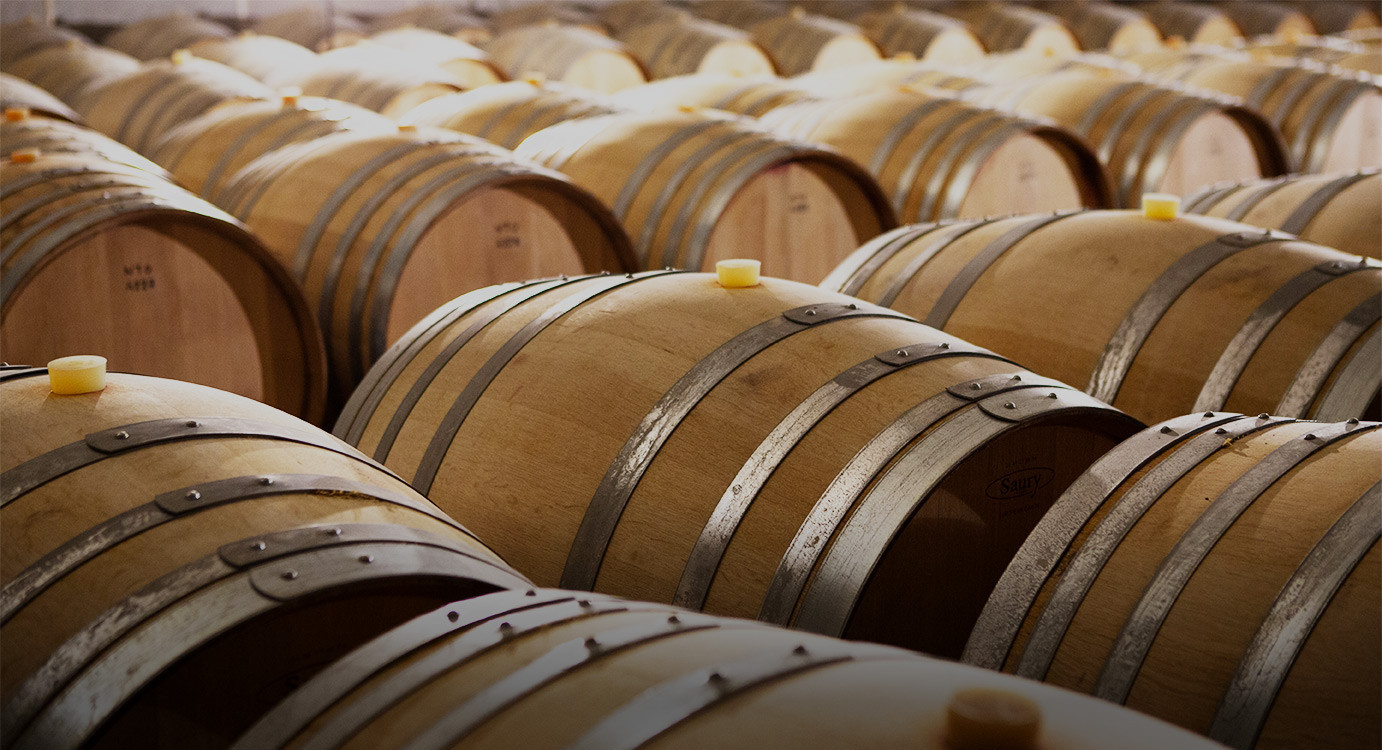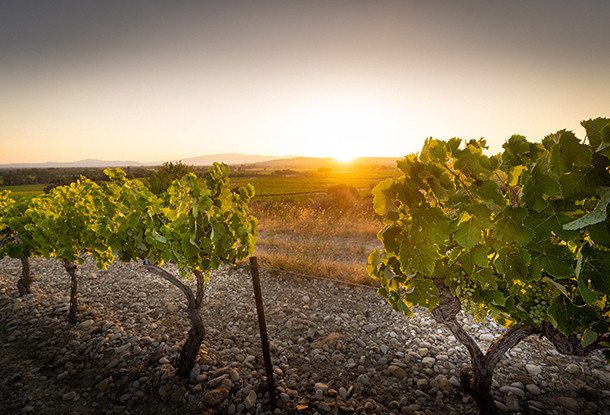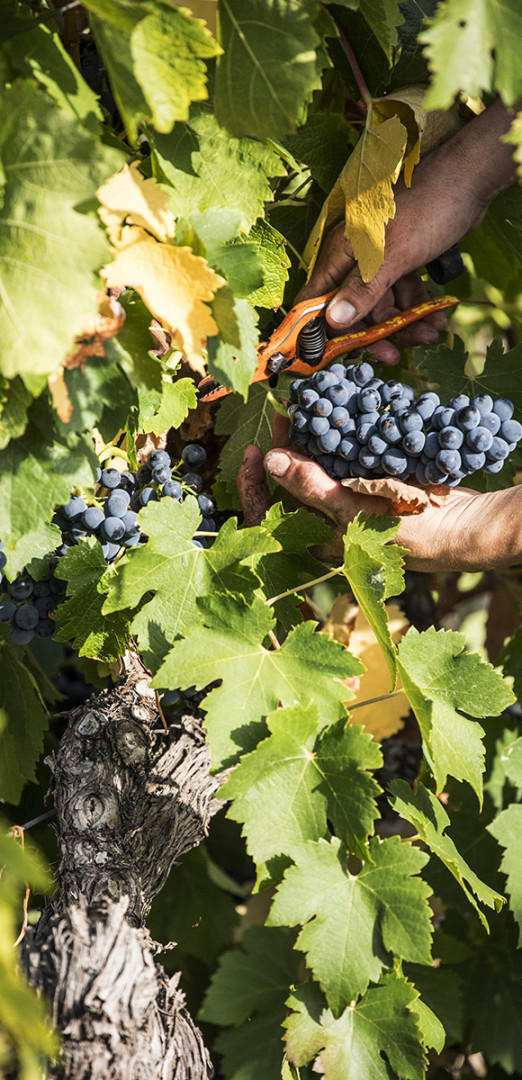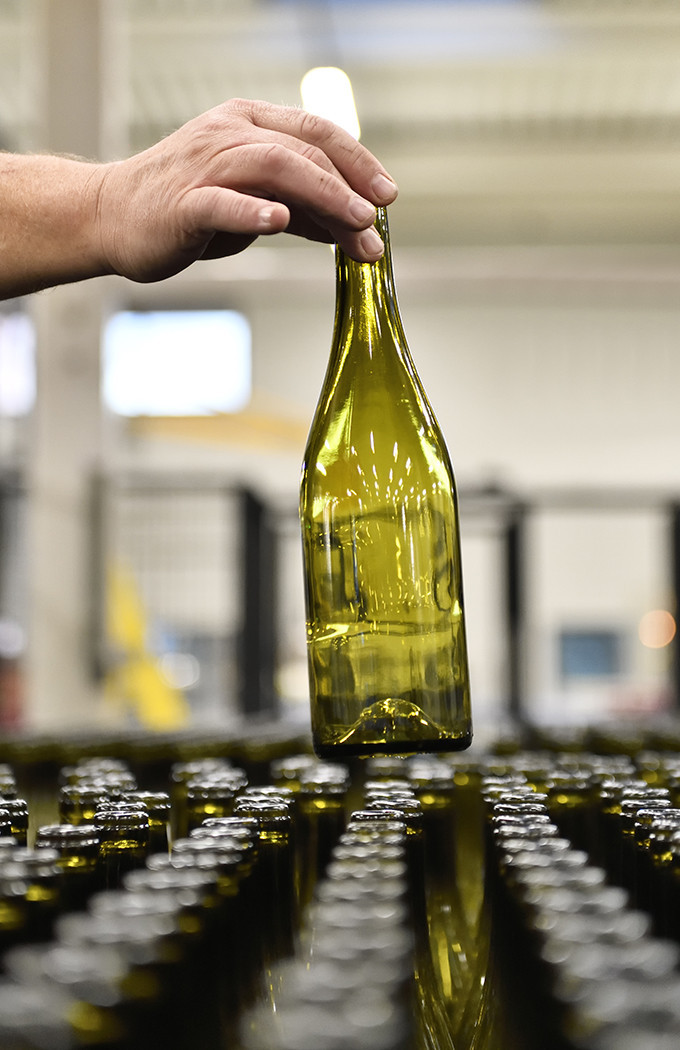By continuing your visit to this site, you accept the use of cookies to enable us to perform statistics of visits and offer you personalized content.
To learn more and set your cookies, click here. Click here.

By continuing your visit to this site, you accept the use of cookies to enable us to perform statistics of visits and offer you personalized content.
To learn more and set your cookies, click here. Click here.

At the heart of our work, at the heart of our lives. As winegrowers, we confirm our commitment to the vineyards every day in our work in the vines and our concrete actions in favour of biodiversity.
Biodiversity is defined as all living beings and the ecosystems in which they live. It also includes the sum of interactions between species and their habitats (definition of the French Office of Biodiversity).
Our principal commitments and actions:
Our winegrowers have converted 3,000 Hectares to HVE certification.
The High Environmental Value (HVE) certification is applicable on the whole farm agricultural activities, and not just one crop / one product, which is particularly suitable for polyculture farms (vines, olive trees, lavender, orchards) of our winegrower families from Drôme Provençale and Vaucluse. HVE certifies that the farm : promotes biodiversity (habitat and food for wildlife), reduces the quantity and frequency of treatment uses, maintains plant cover on uncultivated areas and preserves water resources.

We currently have 1,351 hectares converted to organic agriculture.
The winegrowers who have adopted organic methods use only products that are free of synthetic compounds. In the vineyard they use raw materials of natural origin and encourage natural balance and regulation between species. Their objective is to energize the soils and strengthen the natural ecosystem by protecting animals and plant life.

As firm believers in eco-design, we encourage our packaging suppliers to constantly seek new sustainable solutions for all the elements that go into our products. The two major spheres of action are the constant reduction in the quantity of packaging, and the search for bio-sourced materials. Some prime examples are reduced weight bottles, the use of FSC certified paper, vegetable-based inks on our labels, and the elimination of the plastic carrying handle on our bag in boxes. This alone has led to a reduction in plastic of 153 tons.
In February 2020 Cellier des Dauphins won the first Eco-Design competition (Millesime 2020) organised by Adelphe, a French agency for the promotion of recycling. And in 2023, Cellier des Dauphins once again won 1st prize in the Eco-design competition for its 3L Bag-in-Box.

90% of waste is recycled
Suppression of the plastic handle on our bag-in-box since 2021
18% reduction in water consumption since 2015
Our own water treatment plant since 2000